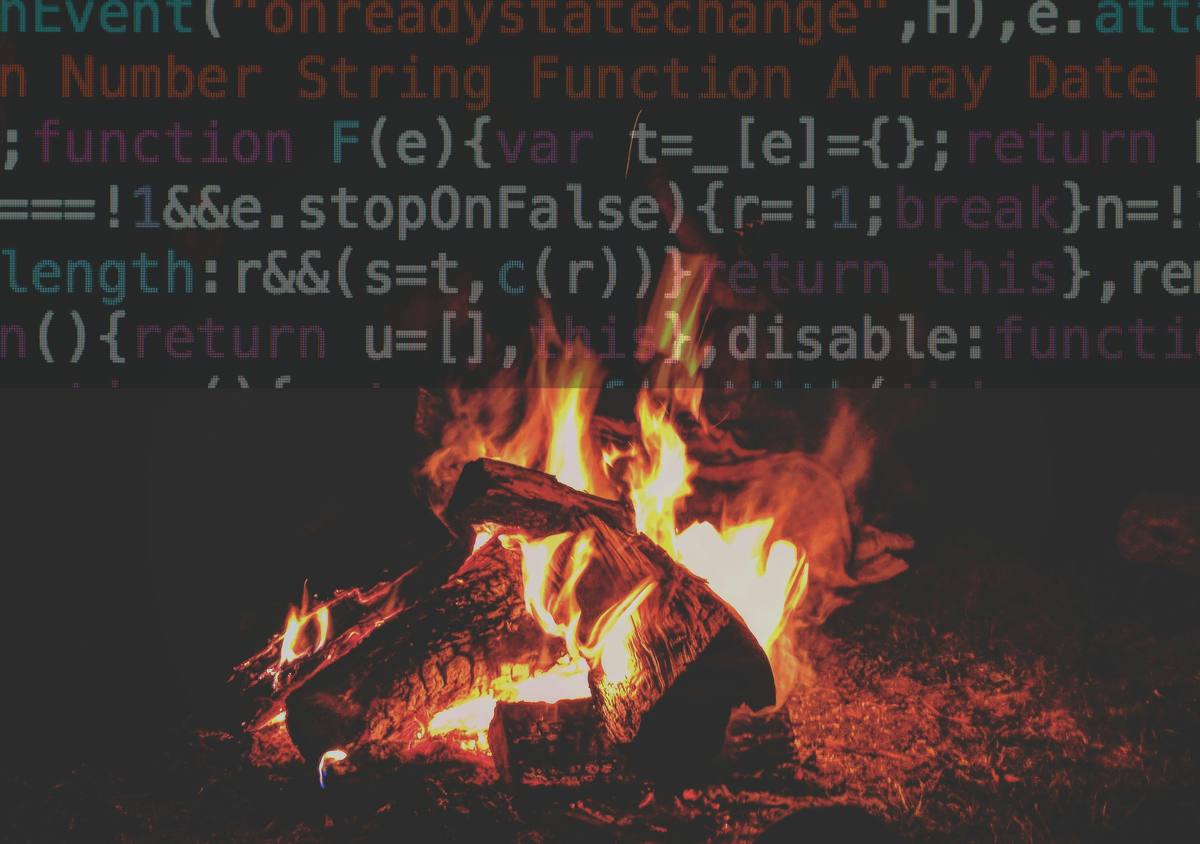𝗧𝗼𝗮𝘀𝘁𝗲𝗿 *𝑣𝑒𝑟𝑦 𝑝𝑢𝑠ℎ𝑒𝑑 𝑑𝑜𝑤𝑛
- 13 Posts
- 27 Comments

 241·10 months ago
241·10 months agoI’m just going to leave this here.

 3·10 months ago
3·10 months agoI’ll allow it.

 1·1 year ago
1·1 year ago- Thunder: Lemmy App
- Scrambled Exif: Removes metadata when sharing images
- Feeder: Rss Reader
- KISS Launcher: Home Launcher
- NewPipe: PeerTube and YouTube app.
- Omni Notes: Notetaking
- StreetComplete: Easy, fun, and addicting way to make OpenStreetMap updates on the go
- OsmAnd~: Maps and navigation. Works phenomenally when in the backcountry and uses cell towers to locate you when gps alone can’t.
- Tower Collector: Contribute BTS towers for the above.
- VLC: Video player
- WiFi Analyzer: Useful for improving and setting up WiFi networks.
- UntrackMe: Transforms links into their OSS alternatives.
For sure! Industrial-scale farming has been integral to the population growth of our modern society. It doesn’t hurt to alleviate a small amount of pressure from those systems at a local scale in a sustainable way. I mainly just find it fun to grow a few veggies here and there and thought others may be interested. :)
Nobody is claiming an issue with large-scale food production, or that small, local gardens will feed everyone. Also, nobody is telling you what to do.
Rather, that there are benefits to growing even a little bit of your own food should you choose to do so. There’s no need to talk down and I hope you’re alright, because that’s a lotta strawmen.
And that’s ok! Nobody expects to live off of a small garden, nor is it feasible for everybody to grow everything they eat.
It provides many benefits already, such as being a fulfilling activity as you said. It also cuts down on food waste since you can harvest when you eat it and leave it on the plant for a bit longer otherwise. It also reduces trips to the grocery store and reduces emissions of importing food over long distances. Finally, it’s much cheaper if you grow from seed and upcycle plastic containers for planting. Especially if you grow expensive crops like fresh herbs.
It really is so much more convenient getting seedlings!
Also that’s bizarre that your community garden is expensive - kinda defeats the purpose of it.
Anyways, enjoy the rest of your day Moghul!
I feel ya! We work with what we can and if the space you have isn’t feasible, then that’s okay if it simply doesn’t work out.
That being said, here’s a few options to consider but do what you want. :)
One option is to grow some herbs since those tend to get pricey and they therefore offer the best bang for your buck. Plus they take up little space. Starting from seeds is the most cost effective (only a couple dollars for 1000s of seeds). Sow them in an empty plastic egg carton, nursery pots, or other upcycled plastic container. Then, you can germinate and grow under grow lights. Don’t bother with “grow light” marketed ones. Just the brightest, whitest generic LED bulb will do. If you run it all day, it’ll only cost a couple cents per month. Then, you can harvest fresh herbs year-round! Lamps can be found for cheap and sometimes free on Facebook marketplace.
Another option is finding a community garden in your area.
Small-scale, local farming is where it’s at. Growing a bucket of potatoes on a balcony or helping out at a community garden are small but achievable steps to bring the food closer to us. In addition to sustainability, it promotes knowledge of how to produce our own food and reduces dependence on large-scale monoculture farming.
It’s nice to walk a few paces and pick up an ingredient for dinner with the satisfaction that you nurtured it. But mainly, I just don’t feel like going to the grocery store as much lol.
Check out [email protected] :)
Your profile picture slaps 😅
And slightly higher in Toronto.

 2·1 year ago
2·1 year agoHeck yeah! Thank you, friend.
That’s okay, we can change that! Be the person who posts and interacts with the community. :) the same thing happened on reddit once upon a time.

 1·1 year ago
1·1 year agoYou just shared an infographic which showed that animal feed accounts for 76% of global soy production vs only 20% for direct human food. The point we were discussing was that eating meat is a less efficient use of land which appears to be supported by what you shared.
Judging by the other comments and profile, it’s clear that you’re not trying to have a discussion in good faith and may be a troll. I’m not going to engage further.

 1·1 year ago
1·1 year agoNo. Most cows do not because most cows are not free range.

 1·1 year ago
1·1 year agoAs anybody who has spent time working on a farm can attest, whole corn and soybean are some of the primary cattle feed. The majority of all soybean grown in North America is used as cattle feed and corn is a large market segment. The reality is that meat production uses far more land than plant-based alternatives, even adjusted for caloric output. You don’t need to believe me as this is a well researched topic and you can find reputable sources for yourself.

 4·1 year ago
4·1 year agoTo be fair, meat requires tens of thousands of pounds of plants used as feed over the lifetime of the animal (in this case, a cow), which also requires transporting the feed, pumping water to the crops for feed and for the animals to drink, etc. Unfortunately, there simply isn’t enough land on earth for all animals to be free range.








No, it’s because you mentioned ancap. Capitalism is inherently hierarchical and unmitigated capitalism does not result in freedom.
Here is one resource to learn more: https://www.youtube.com/watch?v=4Cnxky5ZjQM&t=22